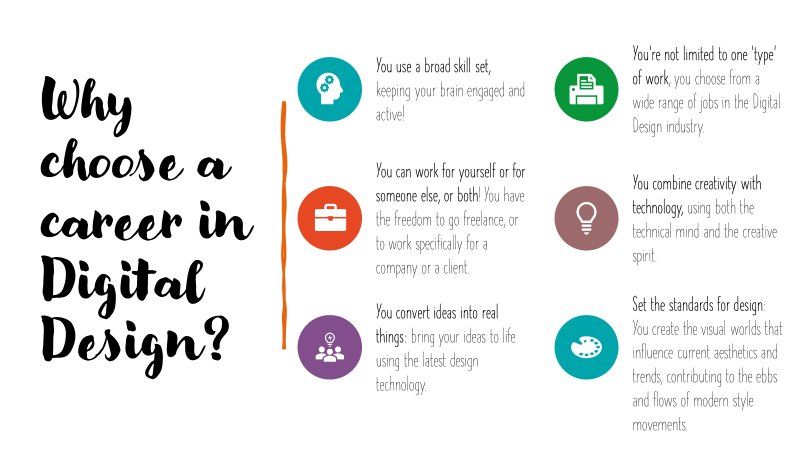Digital Media
We launched a new Digital Media course for the Sixth Form in September 2020. Within the Digital Media course, students are given the opportunity to explore Digital Photography, Moving Image & Animation and Mobile & Multimedia Applications.
Through the course students are able to develop an awareness of the world of digital media and design and the factors and contexts that influence it. They explore different designers, processes and concepts, learning how to combine innovative approaches and techniques to solve problems creatively
Sixth Form: AS and A level
CIE Digital Media 9481
What topics does the course cover?
- Digital photography
- Moving image
- Mobile and multimedia applications.
What skills will be taught?
The aims are to enable students to:
- develop awareness of the world of digital media and design and understand influencing factors and contexts
- develop creative processes and understand that design is an iterative process
- research and evaluate information relevant to their studies
- reflect requirements and feedback from specific audiences and clients in developing their work
- use digital media creatively as a way of expressing meaning
- use knowledge, understanding and creativity to innovate using appropriate software, equipment, technology and practices
- develop the skills needed for the study of digital media and design in higher education
- prepare for working in a collaborative industry.
Curriculum Content
Over the duration of the course, students develop a personal portfolio on one of six thematic units. At the end of the AS level there is a timed exam period, where students complete a project and produce a final outcome for an externally set assignment on a given unit of work. In Year 13, students develop a personal investigation project, which includes a written analysis of 1000–1500 words of continuous prose, presented in a format that is related to the final practical outcome.
Year 12
During the AS level of the course students will complete the following units of work:
Component 1 Portfolio
Students choose a theme from the list in the syllabus.
There are two elements to the portfolio:
- supporting studies and
- a proposal
Component 2 Externally set assignment
Students choose one assignment from the question paper. There are two elements to the assignment:
- supporting studies and
- a final outcome, produced during a supervised test of 10 hours’ total duration
Year 13
During the A level of the course students complete the following work:
Component 3 Personal Investigation
This is a practical component supported by written work, where students research a topic or theme of their choice. There are two elements to the investigation:
- a final practical outcome and
- written analysis (1000–1500 words)
What are the GCSE requirements for this course?
- A minimum of 5 GCSEs/IGCSEs is required
- A GCSE in either Art or ICT is preferable
- Previous study of information technology or an interest in this area would also be beneficial
Future Career Choices



